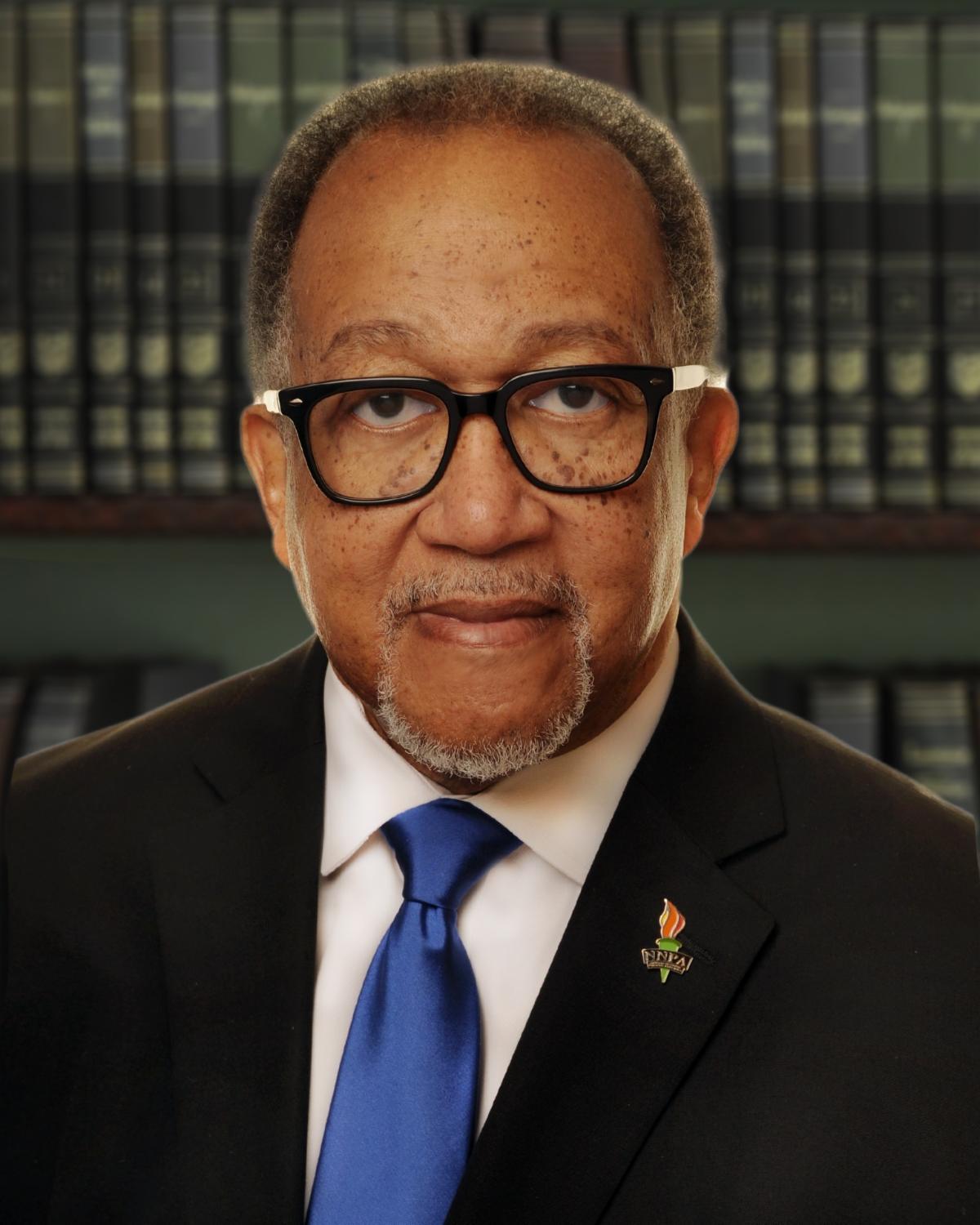2022 thus far has been a year of multiple socioeconomic and political challenges for all Americans across the nation. Yet for African Americans and other communities of color, this year represents both challenges and opportunities from a business ownership perspective. In particular, for Black-owned media businesses there is a growing sense of resilience even in the face of continued profound racial disparities and societal inequities.
The communications and media industry in America especially should be one of the leading industries that adopts the “good business” sense to embrace the values and benefits of Diversity, Equity and Inclusion (DEI). This is not about charity or benevolence. Diversity is objectively good for business.
The National Newspaper Publishers Association (NNPA) and the National Association of Black Owned Broadcasters (NABOB) are working together to encourage the media and advertising industries to become more proactive and committed to diversity from the C-suites to the decision-making managers. But more needs to be done to increase and to enhance the ownership of media businesses by African Americans and other minorities.
Economic equity in media requires equal access to investment capital, technical advances in communications infrastructure, and inclusion in other industry innovations. As increased changes in the racial demographics of the nation continue to accelerate in the United States, American media must be more representative of the growing diversity of the nation.
It is noteworthy, therefore, that one of the recently announced major media mergers has Standard General, a minority-owned firm, pending regulatory reviews and approvals by the Department of Justice and the Federal Communications Commission, acquiring TEGNA, a company owning 64 television stations around the country. Soo Kim, a successful Asian American business leader, who serves as Standard General’s founding and managing partner, emphasized “We’re open to exploring new partnership models to get diverse viewpoints and perspectives on the air and to make sure people have the resources to do it.”
We agree with this sentiment as multiracial ownership of American media businesses will continue to be viewed as a strategic forecast for the future economic wellbeing of the nation. We intend to raise our voices in support of the positive economic and social-equity consequences of diversifying American media.
The Leadership Conference on Civil and Human Rights has pointed out, “Access to the media by the broadest sector of society is crucial to ensuring that diverse viewpoints are presented to the American people, but racial and gender disparities in media ownership dating back to the beginning of the civil rights era continue to persist.” Again, overcoming these disparities should be a national media industry priority.
“At a time when more people, particularly Black people, are distrustful of the media, diversity in media ownership,” the Leadership Conference argues, “has become more important than ever for the functioning of our democracy. Diversity in ownership is part of that solution.” We agree with the Leadership Conference on Civil and Human Rights’ position on this issue.
Lastly, as our nation today prepares for the upcoming Midterm Elections in November, there are many who are predicating low overall voter turnout. Millions of dollars will be spent on Get-Out-The-Vote (GOTV) campaigns. Those who desire to increase GOTV among African- Americans and other communities of color will have to engage Black owned media as the “Trusted Voice” of Black America in order to increase voter turnout.
 Jim Winston is President and CEO of the National Association of Black Owned Broadcasters (NABOB) headqu
Jim Winston is President and CEO of the National Association of Black Owned Broadcasters (NABOB) headqu
artered in Washington, DC.
Dr. Benjamin F. Chavis Jr. is President and CEO of the National Newspaper Publishers Association (NNPA) headquartered in Washington, DC.



